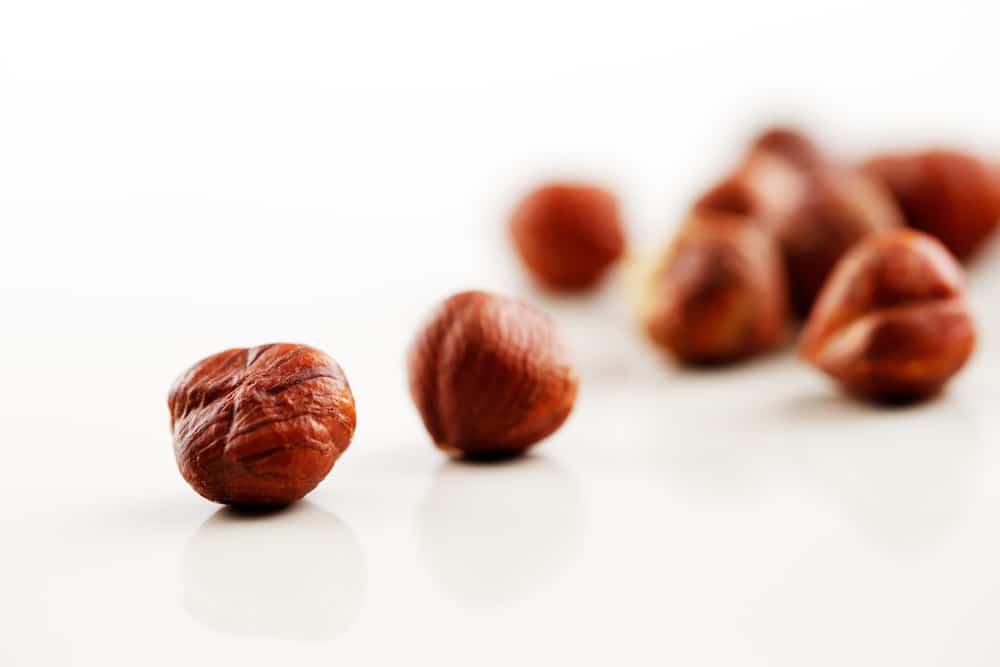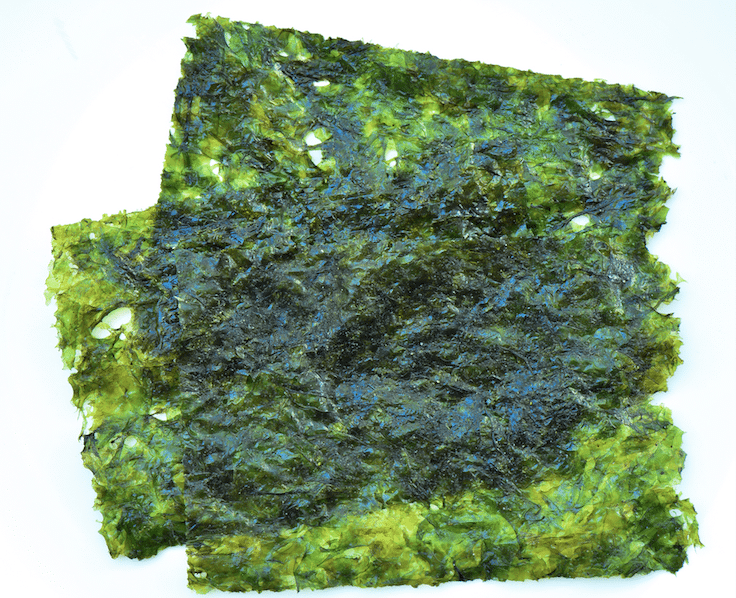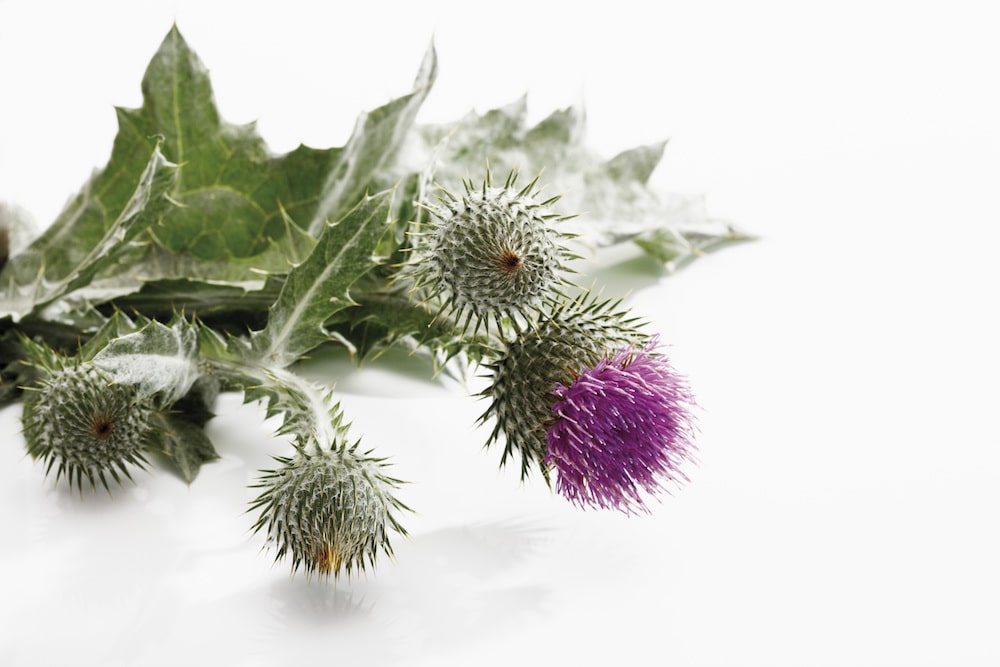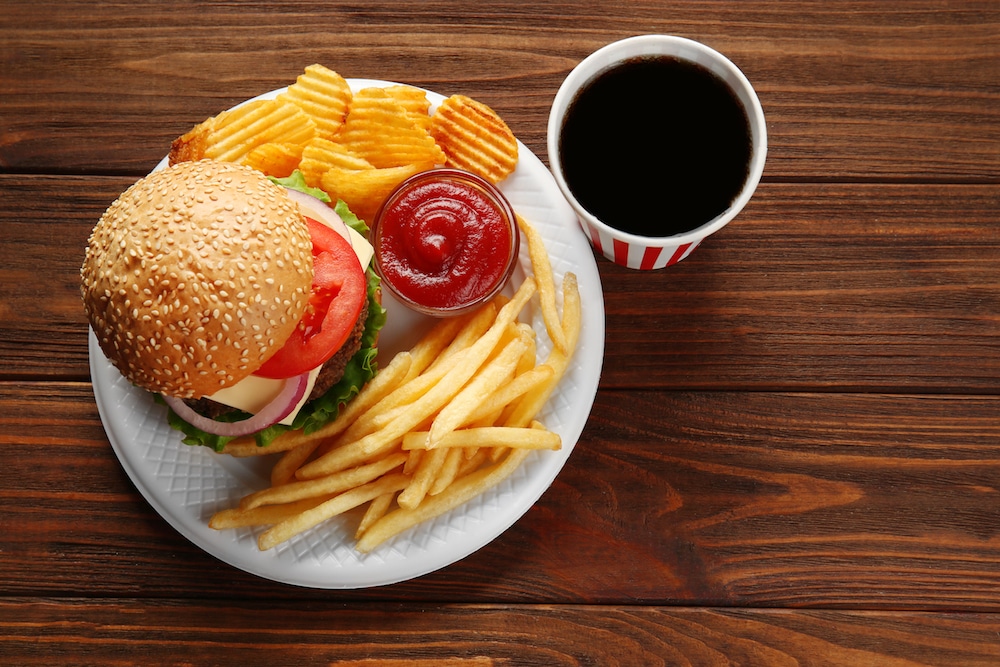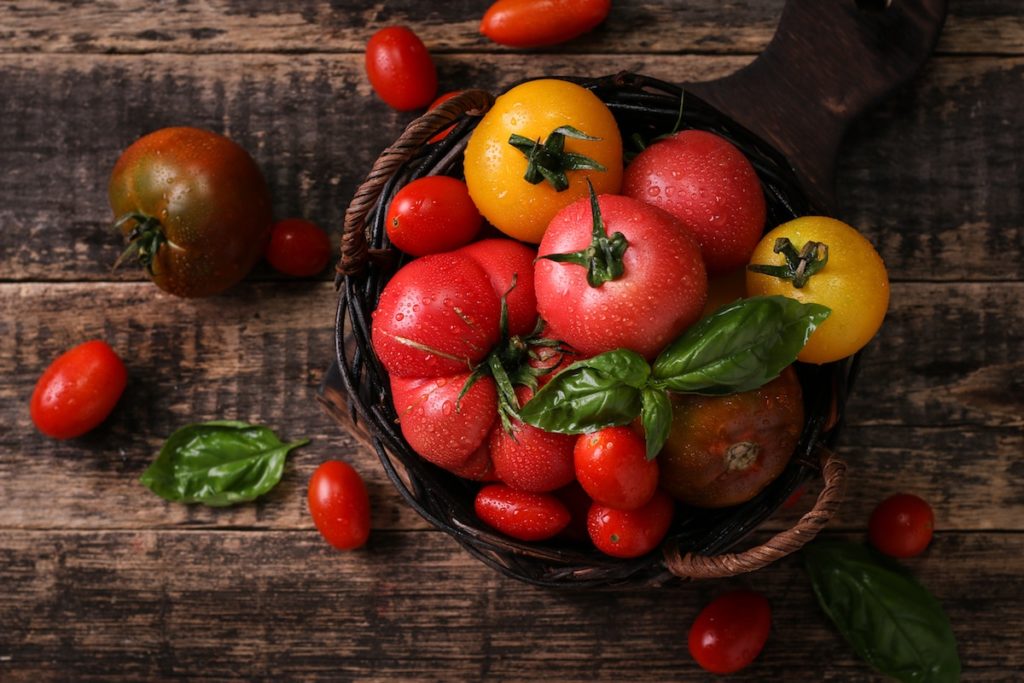Archive for May 2017
Nut Allergies: They’re Not One-Size-Fits-All
Being allergic to one kind of nut may not oblige you to avoid all nut varieties, a new study suggests.
Published in the March issue of Annals of Allergy, Asthma and Immunology, the study looked at 109 patients at an allergy referral center and found that more than half who were allergic to one kind of tree nut passed the allergy tests for other nuts. (Common tree nuts include almonds, cashews, hazelnuts, pecans, pistachios and Brazil nuts. Peanuts are technically a legume, not a nut.)
Yes, Your Clients Can Cut Their Risk of Heart Disease Events
Never underestimate the power of a healthy lifestyle to support heart health.
A study published in The New England Journal of Medicine has shown that healthy eating and exercise habits can substantially cut the risk of heart disease events, even in people who inherit high risk for these events.
Ask the RD
Sanna Delmonico, MS, RDN, CHE, is on the faculty at The Culinary Institute of America at Greystone, in Napa, California, where she teaches food safety, nutrition and gastronomy. As a dietitian nutritionist working in a culinary school, she makes it her goal to help students see the connection between good health and delicious food.
Question: Dried seaweed snacks are really popular these days—even my kids like them. How nutritious are they? What about other types of seaweed?
In Season and Good for You: Cardoons
Trying to stick to a Mediterranean diet? You may want to add cardoons to your cooking repertoire. This thistle-like perennial Mediterranean native plant is closely related to artichokes, though the edible part is a silvery green-gray stalk, similar to celery—and it tastes like a combination of the two.
Read MoreQuestion of the Month
What nutrition strategies, food items or food consumption habits help to ease your stress?
Share your ideas with Sandy Todd Webster at swebster@ideafit.com.
More Vegetables and Fruit = Less Psychological Distress
Eating vegetables and fruit is associated with low psychological distress, according to a University of Sydney analysis of more than 60,000 adults aged 45 or older. The new study confirms British, Canadian and Swiss studies—which have found that eating moderate amounts of fruits and vegetables contributes to well-being and low risk of depression and distress—but suggests a stronger protective effect for women than for men.
Read MoreDeath and Diet Dos and Don’ts
Nearly half of heart disease-related deaths are associated with eating or drinking certain foods, according to survey analyses reported in the March issue of the Journal of the American Medical Association. Researchers looked at the diets of 702,308 people whose deaths in 2012 were due to heart disease, stroke or type 2 diabetes—putting them in the category of cardiometabolic deaths.
Read MoreTurn It Off: The Boob Tube–Obesity Connection
Adults who said they did not watch TV during family mealtimes were 37% less likely to be obese than adults who kept the TV on while eating as a family, according to a survey of 12,842 Ohio residents, reported in the Journal of the Academy of Nutrition and Dietetics in February 2017. The survey also found that when all family meals were home-cooked, adults were 26% less likely to be obese than when no or only some family meals were home-cooked.
The number of family meals survey respondents ate each week had little impact on their obesity rates.
Fresh Tomatoes for Father’s Day
Looking for a good Father’s Day gift that puts Dad’s good health front and center? How about a box of ripe, fresh tomatoes? They contain lycopene, an antioxidant that could decrease his risk of stroke, according to one Finnish study. And plant-based diets that include foods rich in lycopene (tomato products, watermelon, pink grapefruit, guava and papaya) have been associated with a lower risk of prostate cancer—the most common cancer for men in the U.S. and the second-leading cause of cancer death in U.S. men.
Read MoreExercise Has Significant Impact on the Cellular Level
Researchers have recently shed light on how exercise benefits the body on a cellular level. What’s more, they’ve determined a type of exercise that’s best for boosting cell health.
Read MoreSome People Are Genetically Predisposed to Be Overweight, Obese
According to a new study, certain continental Africans and African-Americans carry a genomic variant that causes them to be an average of 6 pounds heavier than those without it.
In this study, researchers hoped to zero in on a potential genetic basis for overweight and obesity levels among continental Africans. To this end, the scientists performed a genome-wide association study for body mass index (BMI) in 1,570 West Africans and then replicated the study in independent samples of West Africans and African-Americans.
Treatment Guidelines for Chronic Lower-Back Pain
While some people with lower-back pain may doubt whether movement is the answer, new treatment guidelines from the American College of Physicians (ACP) recommend nondrug therapies as the first line of treatment to relieve acute, subacute and chronic lower-back pain.
Read MoreYoga and Prehypertension
Adding to the growing evidence of yoga’s health benefits, preliminary findings from a recent study show that consistent yoga practice may help to reduce blood pressure among people with prehypertension.
Read MoreWomen Who Run Marathons Have Lower Coronary Plaque Buildup
Ladies: Lace up those tennies. According to new research, women who regularly complete marathons have less coronary-plaque buildup—and therefore a lower risk of stroke or heart attack—than sedentary women.
Read MoreIs There a Best Place to Wear a Heart Rate Monitor?
With heart rate monitors, where you place them may determine how accurate they are, according to data published in the Journal of the College of Cardiology (2017; 69 [11], 336).
Read MorePokémon Go Gets People Moving in a Big Way
Pokémon Go, a virtual-reality app that requires players to navigate their surroundings in search of animated creatures, got people to log lots of extra steps last summer, according to researchers from Duke University in North Carolina.
Read MoreWater-Based Weight Loss Programs Help Older Women Manage Knee Problems
Ratcheting up the intensity of water workouts may help women lose weight without exacerbating knee pain, suggests a new study. Knee osteoarthritis (OA) affects around 13% of women aged 60 and older, and the condition can make it painful for them to exercise and lose weight. It can also become a Catch-22, because carrying excess weight can worsen the problem.
Read MorePHIT Introduced Into Congress
In early March, the PHIT Ac—Personal Health Investment Today—was introduced into Congress.
Read MoreDoes Olympic Weightlifting Improve Muscle Power?
When it comes to improving jump and sprint performance, not all training programs are equal, says a study published in Medicine &s; Science in Sports &s; Exercise (2017; 49 [4], 736–45).
Read MoreExercise and Children: Better Brain Health, Less Obesity, Less Stress
Physically active young people can do better in school and improve their self-expression, self-confidence and social interaction compared with more sedentary children (WHO 2017). Indeed, two studies published in 2017 underscore the value of children getting plenty of exercise.
Let’s take a quick look at this research. Study 1. Fitness and Academic Achievement
